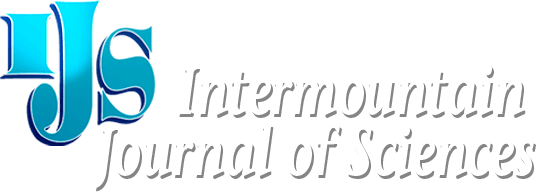Determining the Influence of Hunter Access on Antlerless Elk B License Harvest in Select Areas of Southwest, Central and Eastern Montana
Volume 18, No. 1-4, 2012 • Montana Chapter of the Wildlife Society (TWS) - Presentation Abstract[pdfjs-viewer url=”http://www.intermountainjournal.org/wp-content/uploads/2014/07/IJS-2012-v18-n1-4-Abstracts-TWS-Weigand-Lewis-King-pp76-77.pdf” viewer_width=644px viewer_height=700px fullscreen=false download=false print=true openfile=false]
Scroll down if pdf (above) appears blank.
Authors
Weigand, Joe, Lewis, Mike, King, Zoe
Keywords
Ecology, harvest, elk, Montana Fish Wildlife Parks, hunting, wildlife management, Montana Fish Wildlife Parks FWP, access, antlerless elk, hunting access, human dimensions
Scientific Disciplines
Biological Sciences - Terrestrial
Abstract Text
Antlerless elk hunting is a critically important tool for wildlife managers to help manage populations of elk. Montana Fish, Wildlife & Parks (FWP) conducted a survey following the 2010 general big game hunting season to determine the effect that hunter access might have on Antlerless Elk B License utilization and associated harvest in select areas of the state where concerns have been expressed about hunting access. A mail-back survey was used to determine, the extent to which respondents were able to gain access to public and private lands to hunt antlerless elk, what types of properties respondents were able to secure permission to hunt, the extent to which respondents were able to successfully harvest antlerless elk, and respondent satisfaction with the Antlerless Elk B Licenses they received in 2010. Questionnaires were successfully mailed to a total of N = 5,297 Elk B License holders and there were a total of n = 2,954 survey respondents resulting in an overall response rate of 56 percent. Survey results revealed several key findings that have significant elk population management implications. While respondents used different hunting access or property types to varying degrees the type of property accessed played a prominent role in determining antlerless elk harvest success rates and antlerless elk harvest distribution. A majority of the survey respondents who hunted or attempted to hunt using their Antlerless Elk B License reported that they were satisfied with the license they received in 2010.
